Back to Courses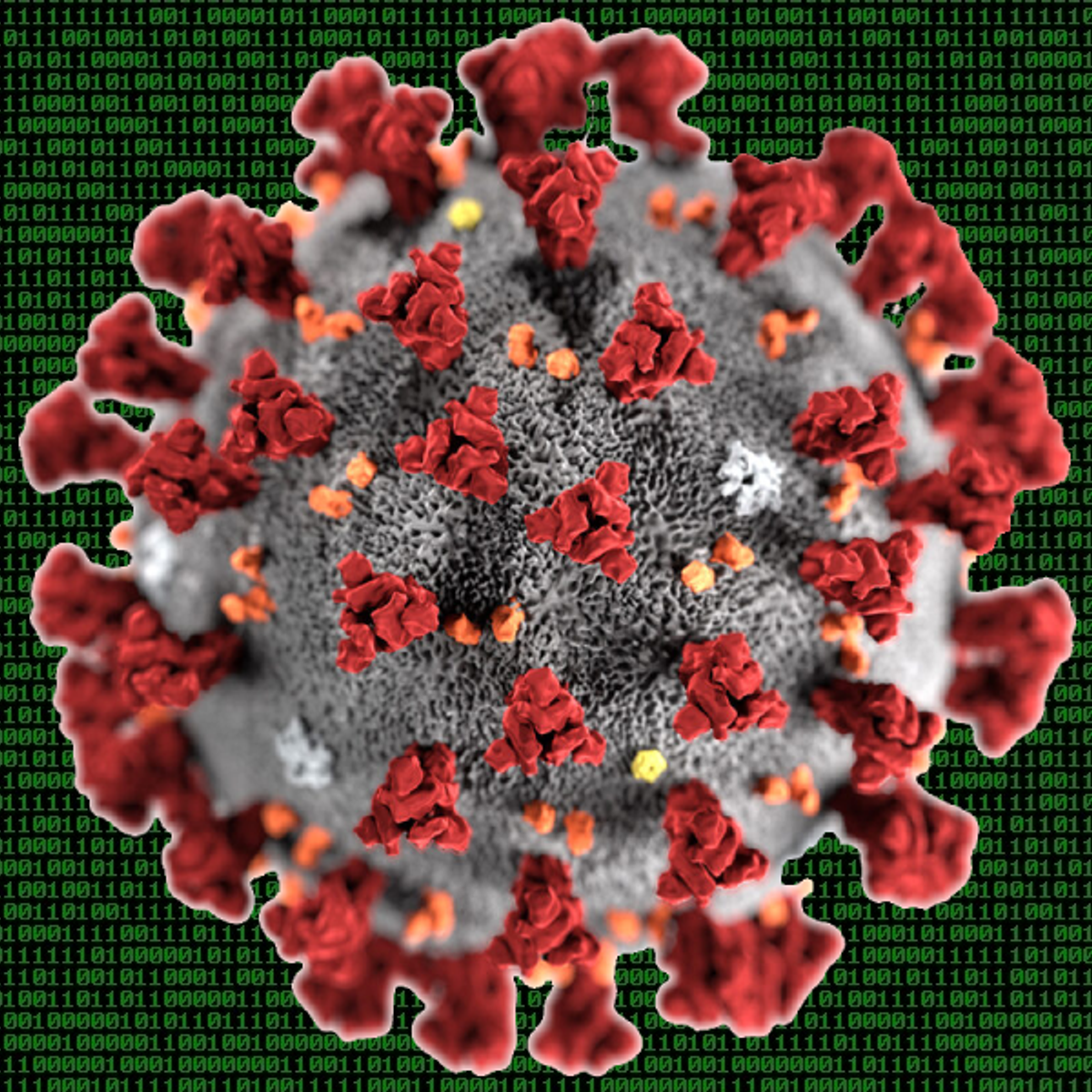

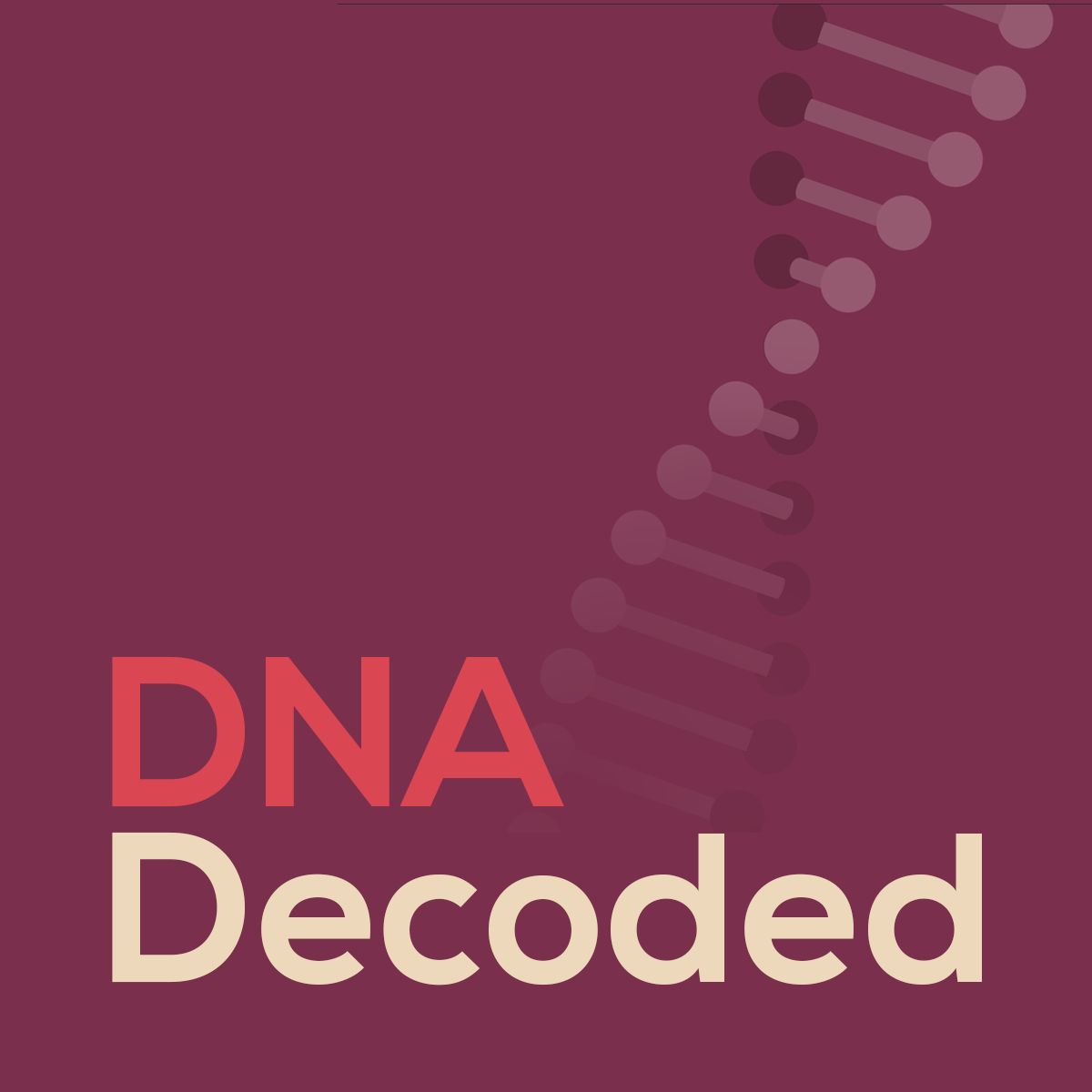


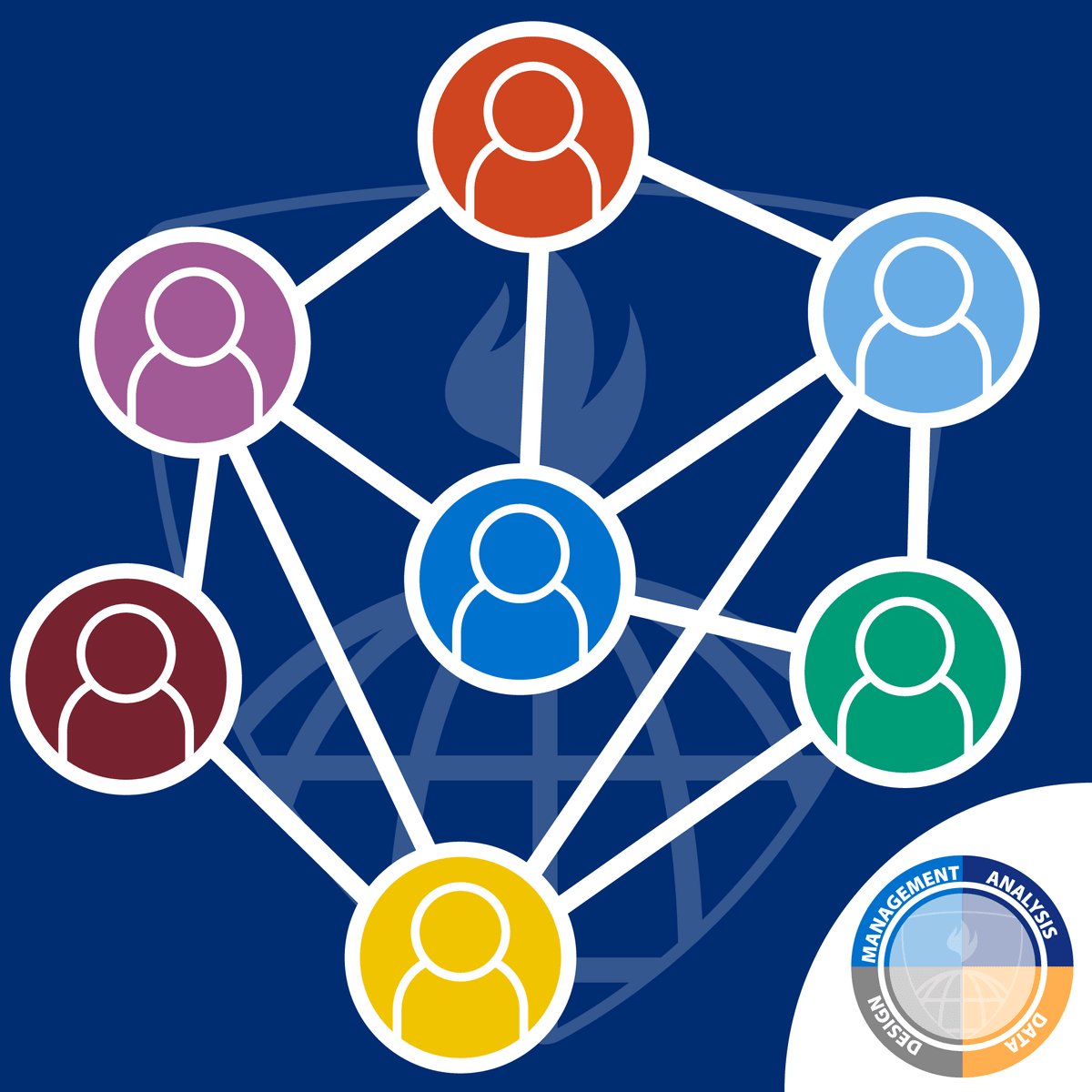
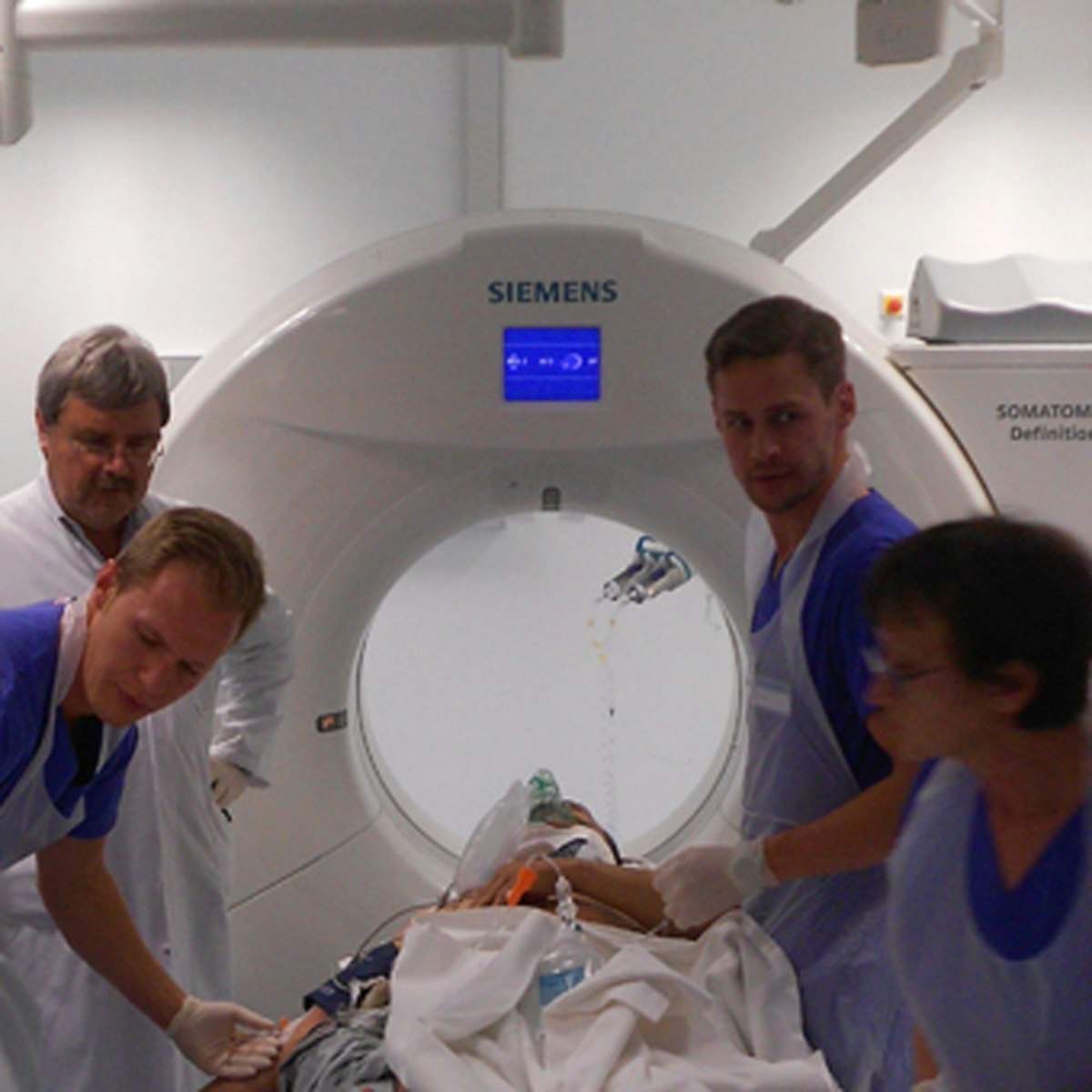
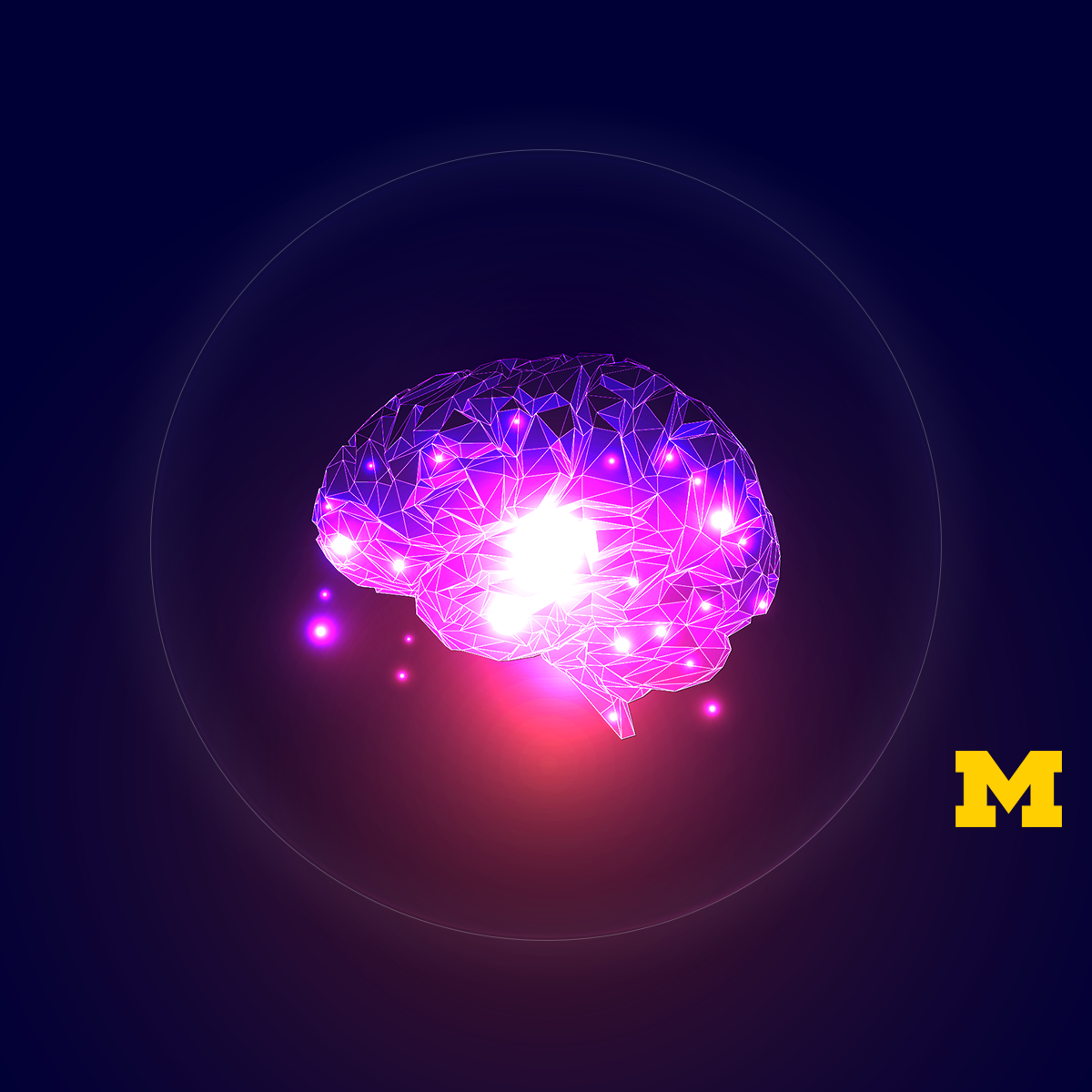
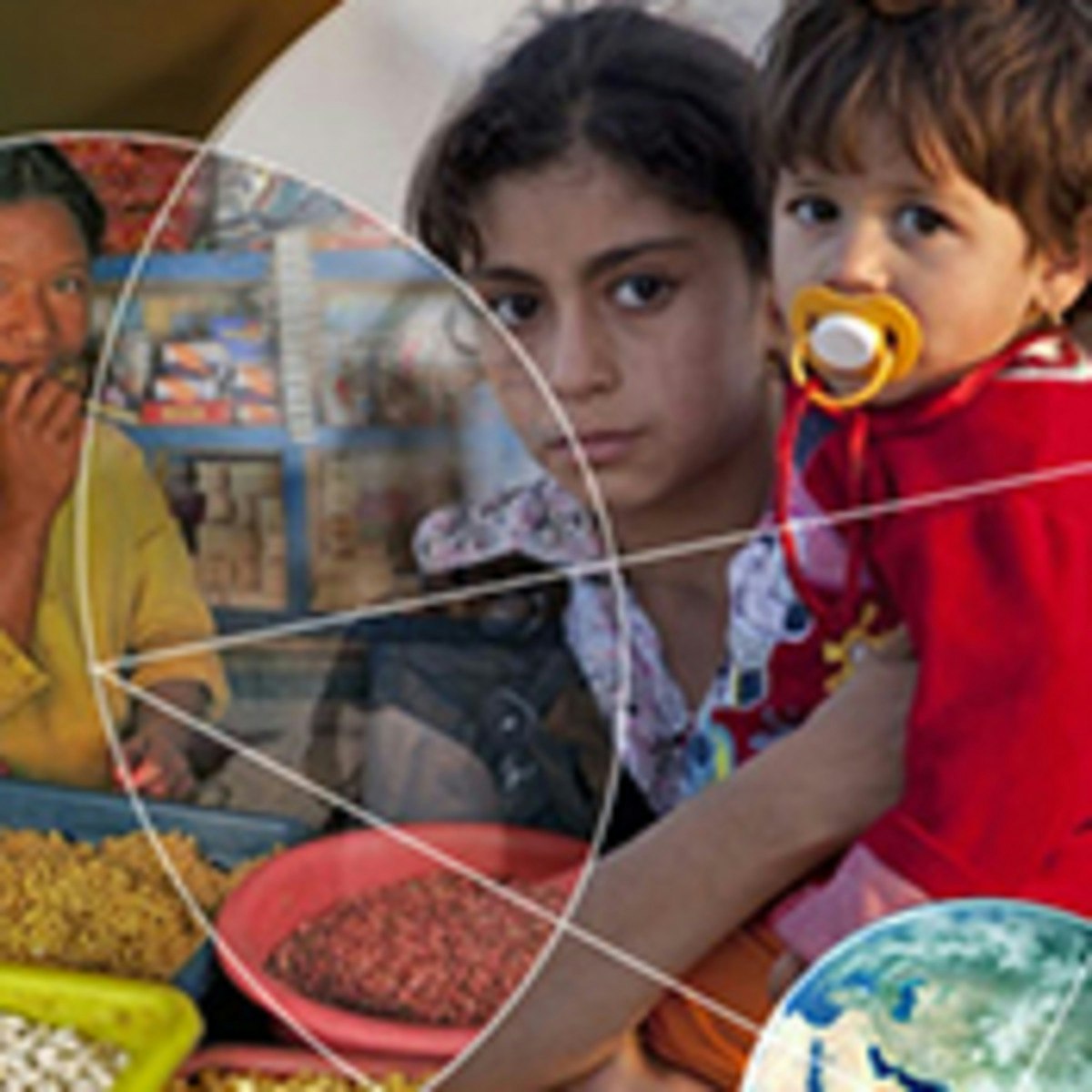
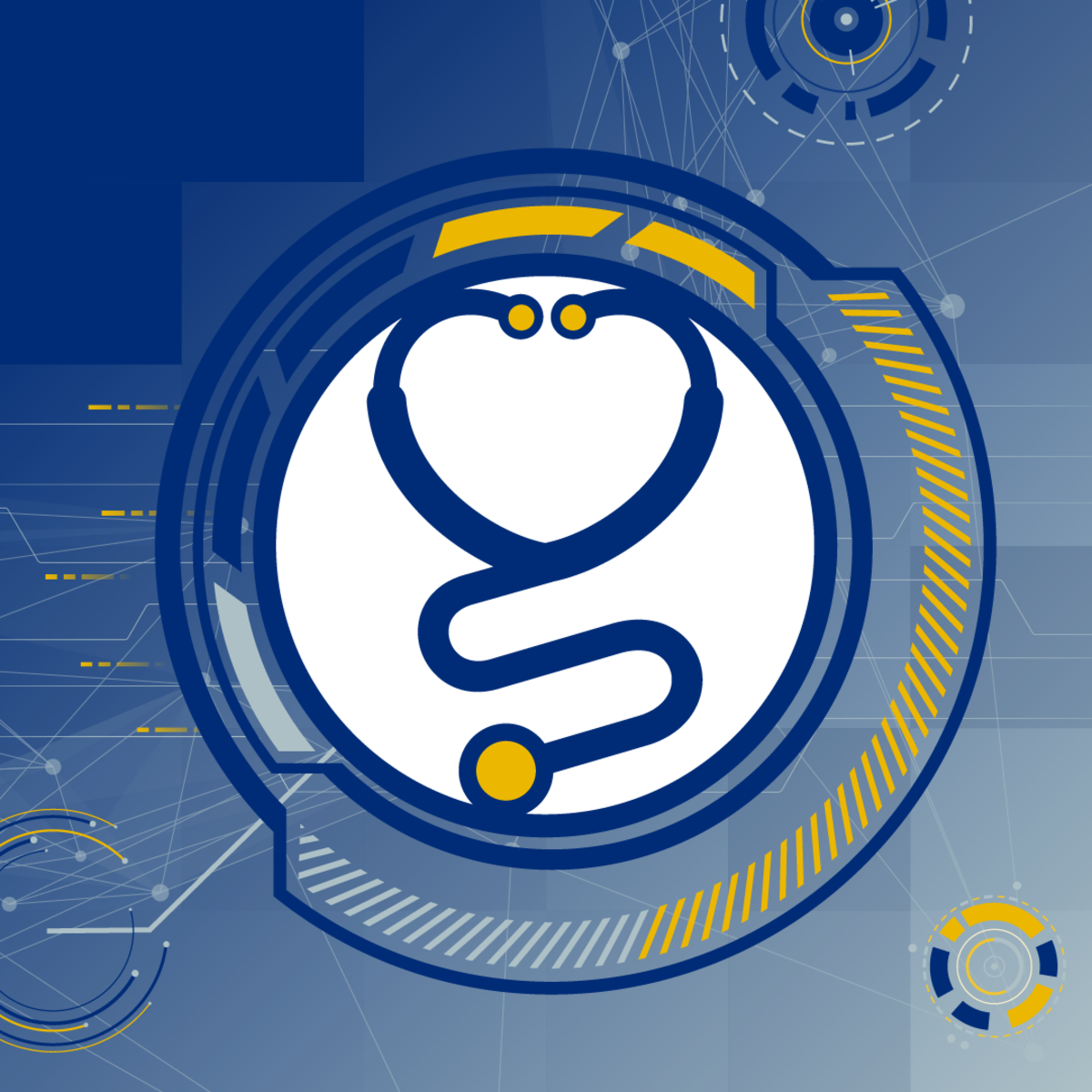
Life Sciences Courses - Page 8
Showing results 71-80 of 644

Hacking COVID-19 — Course 1: Identifying a Deadly Pathogen
In this course, you will follow in the footsteps of the bioinformaticians investigating the COVID-19 outbreak by assembling the SARS-CoV-2 genome. Whether you’re new to the world of computational biology, or you’re a bioinformatics expert seeking to learn about its applications in the COVID-19 pandemic, or somewhere in between, this course is for you! As you go through this journey, we will introduce and explain genomic concepts and give you many opportunities to practice your skills, and we will provide a series of problems with gradually increasing complexity. This first course will only discuss the assembly of the SARS-CoV-2 genome, but future courses in this series will explore follow-up bioinformatics analyses used in the COVID-19 pandemic.
Thoracic Oncology
Thoracic malignancies are major, global health problems. Lung cancer is the most common cancer and cause of cancer death in the world, with more than 1.5 million deaths per year. More Americans will die from lung cancer each year (approximately 159,480) than from colon, breast, pancreatic, and prostate cancer combined (approximately 158,630), the next most common causes of cancer death. Esophageal cancer is the 6th most common cause of cancer deaths worldwide, and the 4th most common cause in developing nations.
This course will provide a comprehensive, multidisciplinary introduction to state of the art approaches in the care of patients with thoracic malignancies, including various types of lung cancers and esophageal cancers. Didactic material will cover epidemiology, screening and diagnosis, staging, imaging, radiation therapy, systemic therapy, surgery, psychiatry, and patient support topics.
This is an on-demand course with integrated learning units that are focused on specific topics. Each unit contains several video lectures with interactive questions and is followed by a short quiz.
Prerequisites: None required although basic medical training in some field related to thoracic oncology would be helpful.

DNA Decoded
Are you a living creature? Then, congratulations! You’ve got DNA. But how much do you really know about the microscopic molecules that make you unique?
Why is DNA called the “blueprint of life”?
What is a “DNA fingerprint”?
How do scientists clone DNA?
What can DNA teach you about your family history?
Are Genetically Modified Organisms (GMOs) safe?
Is it possible to revive dinosaurs by cloning their DNA?
DNA Decoded answers these questions and more. If you’re curious about DNA, join Felicia Vulcu and Caitlin Mullarkey, two biochemists from McMaster University, as they explore the structure of DNA, how scientists cracked the genetic code, and what our DNA can tell us about ourselves. Along the way, you’ll learn about the practical techniques that scientists use to analyze our genetic risks, to manipulate DNA, and to develop new treatments for a range of different diseases. Then, step into our virtual lab to perform your own forensic DNA analysis of samples from a crime scene and solve a murder.

Gut Check: Exploring Your Microbiome
Imagine if there were an organ in your body that weighed as much as your brain, that affected your health, your weight, and even your behavior. Wouldn’t you want to know more about it? There is such an organ — the collection of microbes in and on your body, your human microbiome.

Impacting the Opioid Crisis: Prevention, Education, and Practice for Non-Prescribing Providers
This course will empower non-prescribing providers to directly impact the ongoing opioid crisis in the United States through increased knowledge and tools that will transform practice and policies. The course will inform you about the opioid epidemic and provide information and research about evidence-based strategies that are focused on prevention, intervention, education, or policy.
This open learning course is designed primarily for non-prescribing healthcare, behavioral health, dental and social services professionals, as well as graduate-level students in these fields. Other individuals may also benefit from this course such as educators and physicians.
As a learner, you have the ability to select any or all of the modules and topics that interest you. You can complete the course in a linear or non-linear structure according to your preferred viewing order. This course is taught by experts in the field of opioid prevention, intervention, treatment, and policy. Through lectures, panels and interviews, knowledge checks and quizzes, and additional readings and activities, you can explore topics that are most relevant to your work or practice.
The course was developed by three University of Michigan programs, including the Institute for Healthcare Policy and Innovation (IHPI), Michigan-Opioid Prescribing Engagement Network (Michigan OPEN) and the CDC-funded University of Michigan Injury Prevention Center.
The course consists of 6 “lessons” or modules of varying length, for a total commitment of about 15 hours.
Clinical Trials Analysis, Monitoring, and Presentation
In this course, you’ll learn more advanced operational skills that you and your team need to run a successful clinical trial. You’ll learn about the computation of sample size and how to develop a sample size calculation that’s suitable for your trial design and outcome measures. You’ll also learn to use statistical methods to monitor your trial for safety, integrity, and efficacy. Next, you’ll learn how to report the results from your clinical trials through both journal articles and data monitoring reports. Finally, we’ll discuss the role of the analyst throughout the trial process, plus a few additional topics such as simulations and adaptive designs.

The Basics of Trauma Surgery
This course imparts a wide range of basic knowledge and skills in the field of trauma surgical and orthopedic treatment of patients. To facilitate this, the course employs a new concept of information transfer. We follow a scientific approach and a sophisticated combination of modern teaching methods to vividly impart the taught contents. This included case-based learning, comprehensive factual knowledge, and consecutive quizzes, which help to better memorize the learned contents and later employ them in everyday situations in the field of trauma surgery.
The course participants are introduced to the multi-faceted field of the treatment of trauma patients. Different trauma mechanism and their sequelae are elucidated, as well as the respective gold standard of medical treatment of these injuries by means of modern trauma surgery. All episodes – of which each one is dedicated to a distinct pathology – follow the same approach:
• Introduction and/or repetition of the anatomic principles
• Prelude of the topic by means of a film
• Classification of the treated wound, e.g. according to AO
• Summary of relevant and current therapeutic options
• Each episode is interspersed with short quizzes to immediately recapitulate the learned contents and which will help solving the exam quizzes
The course was compiled by an interdisciplinary team of internationally renowned experts from the special field of orthopedic surgery from Germany. Depending on the respective consultant’s specialization, suitable case scenarios from our clinic are presented.
Dieser Kurs ist auch in deutscher Sprache verfügbar. Für die ursprüngliche, deutsche Version des Kurses besuchen Sie bitte https://www.coursera.org/learn/unfallchirurgie.

Mindware: Critical Thinking for the Information Age
Most professions these days require more than general intelligence. They require in addition the ability to collect, analyze and think about data. Personal life is enriched when these same skills are applied to problems in everyday life involving judgment and choice. This course presents basic concepts from statistics, probability, scientific methodology, cognitive psychology and cost-benefit theory and shows how they can be applied to everything from picking one product over another to critiquing media accounts of scientific research. Concepts are defined briefly and breezily and then applied to many examples drawn from business, the media and everyday life.
What kinds of things will you learn? Why it’s usually a mistake to interview people for a job. Why it’s highly unlikely that, if your first meal in a new restaurant is excellent, you will find the next meal to be as good. Why economists regularly walk out of movies and leave restaurant food uneaten. Why getting your picture on the cover of Sports Illustrated usually means your next season is going to be a disappointment. Why you might not have a disease even though you’ve tested positive for it. Why you’re never going to know how coffee affects you unless you conduct an experiment in which you flip a coin to determine whether you will have coffee on a given day. Why it might be a mistake to use an office in a building you own as opposed to having your office in someone else’s building. Why you should never keep a stock that’s going down in hopes that it will go back up and prevent you from losing any of your initial investment. Why it is that a great deal of health information presented in the media is misinformation.

An Introduction to Global Health
This course will provide you with an overview of the most important health challenges facing the world today. You will gain insight into how challenges have changed over time, we will discuss the likely determinants of such changes and examine future projections. Successful international strategies and programs promoting human health will be highlighted and global health governance structures will be mapped and the role of the key actors explored.

Leading Change in Health Informatics
Do you dream of being a CMIO or a Senior Director of Clinical Informatics? If you are aiming to rise up in the ranks in your health system or looking to pivot your career in the direction of big data and health IT, this course is made for you. You'll hear from experts at Johns Hopkins about their experiences harnessing the power of big data in healthcare, improving EHR adoption, and separating out the hope vs hype when it comes to digital medicine.
Whether you're a nurse, pharmacist, physician, other allied health professional or come from a non-clinical background--you know that Health Informatics skills are in demand. This newly launched 5-course specialization by JohnsHopkins faculty members provides a solid foundation for anyone wanting to become a leader in one of the hottest fields in healthcare.
As health informaticians, we need to be very clear in our understanding of the current state (as-is), the future state (to-be) and any unintended consequences that can result from our interventions. Prior to introducing large scale change, we need to assess whether a healthcare organization is truly ready for change. This involves taking into account an organization's current culture and values. Successfully leading change through health informatics also requires strategic planning and careful financial considerations. Proper workflow redesign and a clear change management strategy are of utmost importance when introducing new technologies and in ensuring their successful adoption and proper use.
By the end of this course, students will become familiar with examples of successful and failed attempts at change in health informatics, and the reasons for each. Students will be armed with tools to help optimize their chances for successfully leading change in their respective organizations.
Popular Internships and Jobs by Categories
Find Jobs & Internships
Browse
© 2024 BoostGrad | All rights reserved